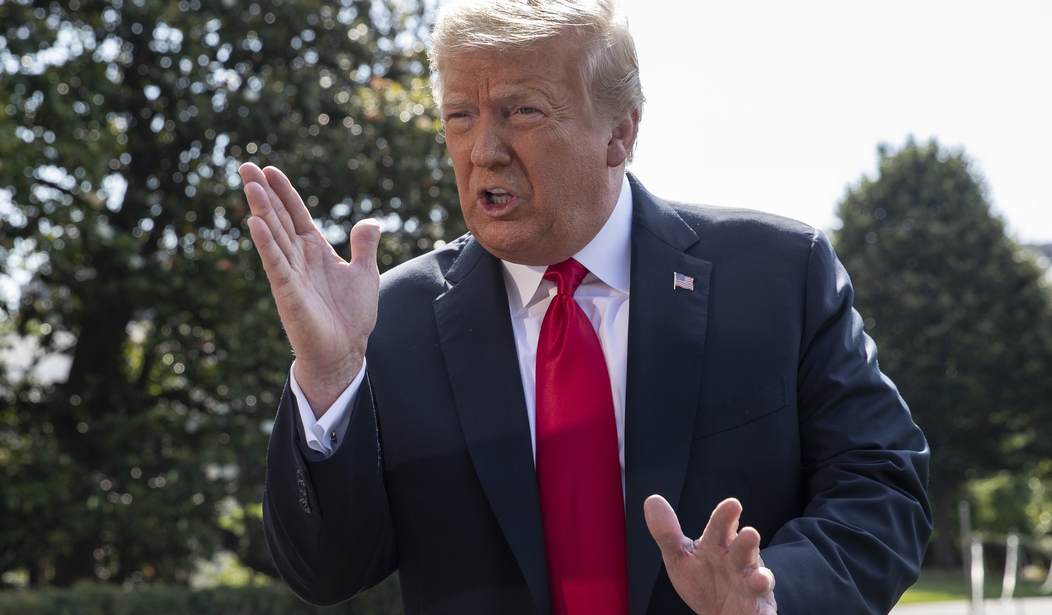The Supreme Court ruled that a subpoena from the Manhattan District Attorney requesting eight years of President Trump’s tax returns is valid, in a 7-2 opinion released on Thursday. The court’s decision is a landmark ruling on presidential immunity, and tapers the protection of sitting presidents from such proceedings.
The majority ruled that a subpoena issued to a sitting president need not meet a “heightened standard,” in an opinion authored by Chief Justice John Roberts:
“In 2019, the New York County District Attorney’s Office—acting on behalf of a grand jury—served a subpoena duces tecum on Mazars USA, LLP, the personal accounting firm of President Donald J. Trump, for financial records relating to the President and his businesses. The President, acting in his personal capacity, sued the district attorney and Mazars in Federal District Court to enjoin enforcement of the subpoena, arguing that a sitting President enjoys absolute immunity from state criminal process under Article II and the Supremacy Clause,” the justices wrote. “Article II and the Supremacy Clause do not categorically preclude, or require a heightened standard for, the issuance of a state criminal subpoena to a sitting President.”
Joined by Justices Kagan, Ginsburg, Kavanaugh, Gorsuch, Breyer and Sotomayor, Roberts held that the president is not above such oversight:
“In our judicial system, ‘the public has a right to every man’s evidence.’ Since the earliest days of the Republic, “every man” has included the President of the United States...No one doubts that Article II guarantees the independence of the Executive Branch. As the head of that branch, the President ‘occupies a unique position in the constitutional scheme,’” he writes. “Just as a “properly managed” civil suit is generally “unlikely to occupy any substantial amount of ” a President’s time or attention, id., at 702, two centuries of experience confirm that a properly tailored criminal subpoena will not normally hamper the performance of the President’s constitutional duties.”
Recommended
Justices Thomas and Alito dissented, both arguing that a sitting president is not immune from the issuance of a subpoena, but that the enforcement may inhibit their ability to carry out the duties of the office.
























Join the conversation as a VIP Member